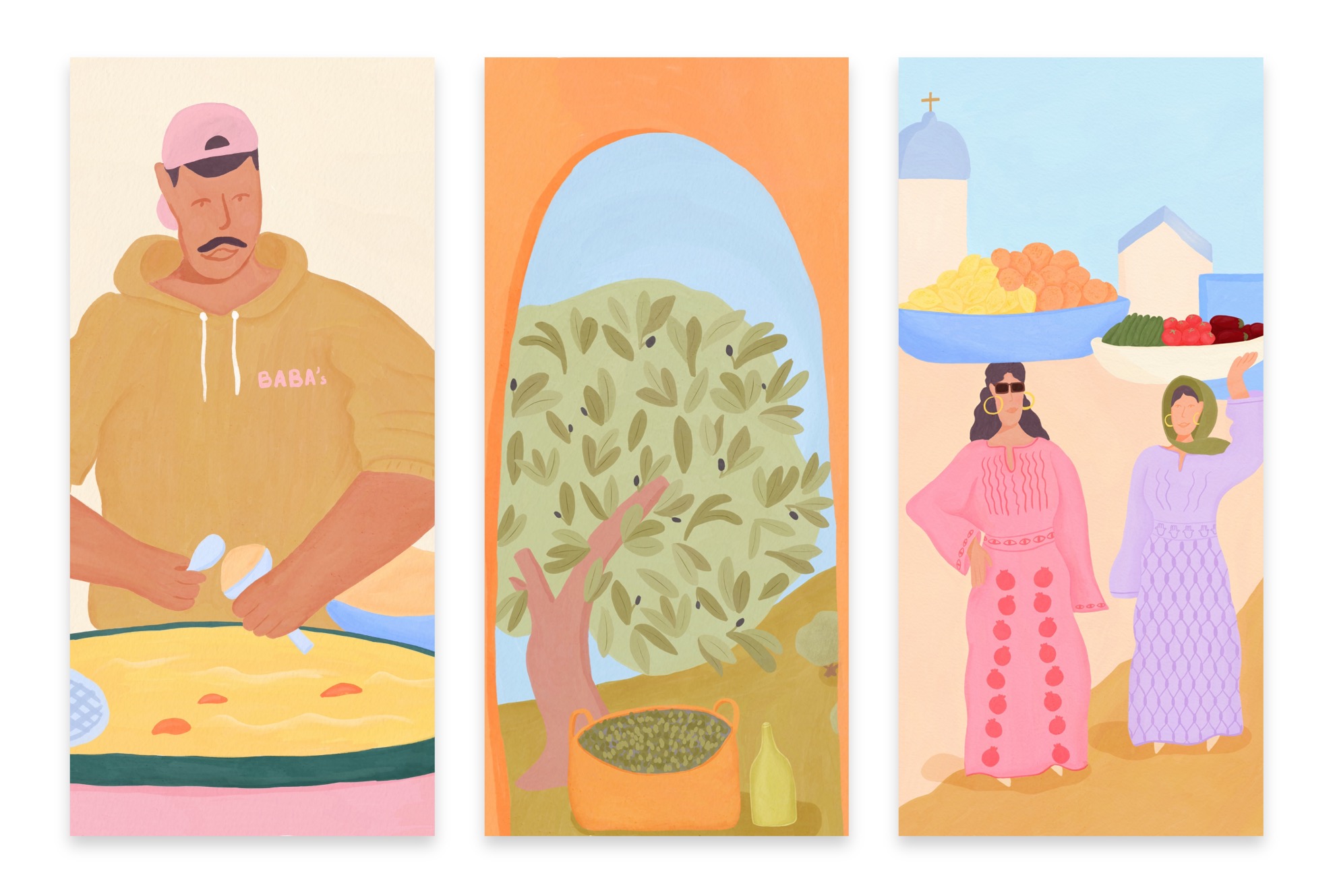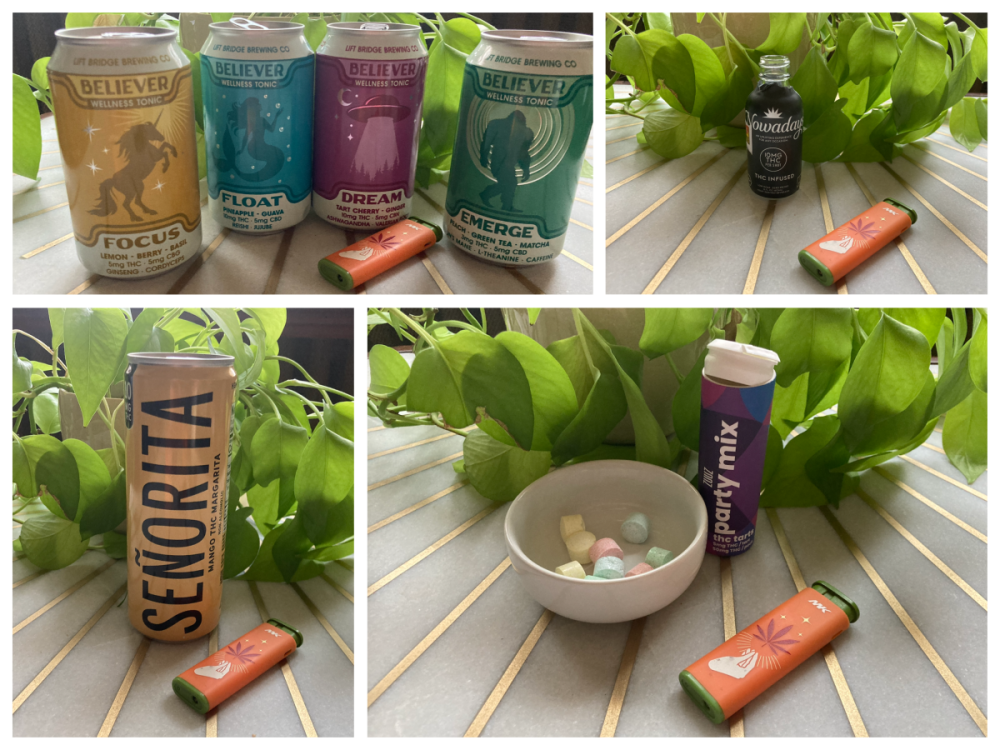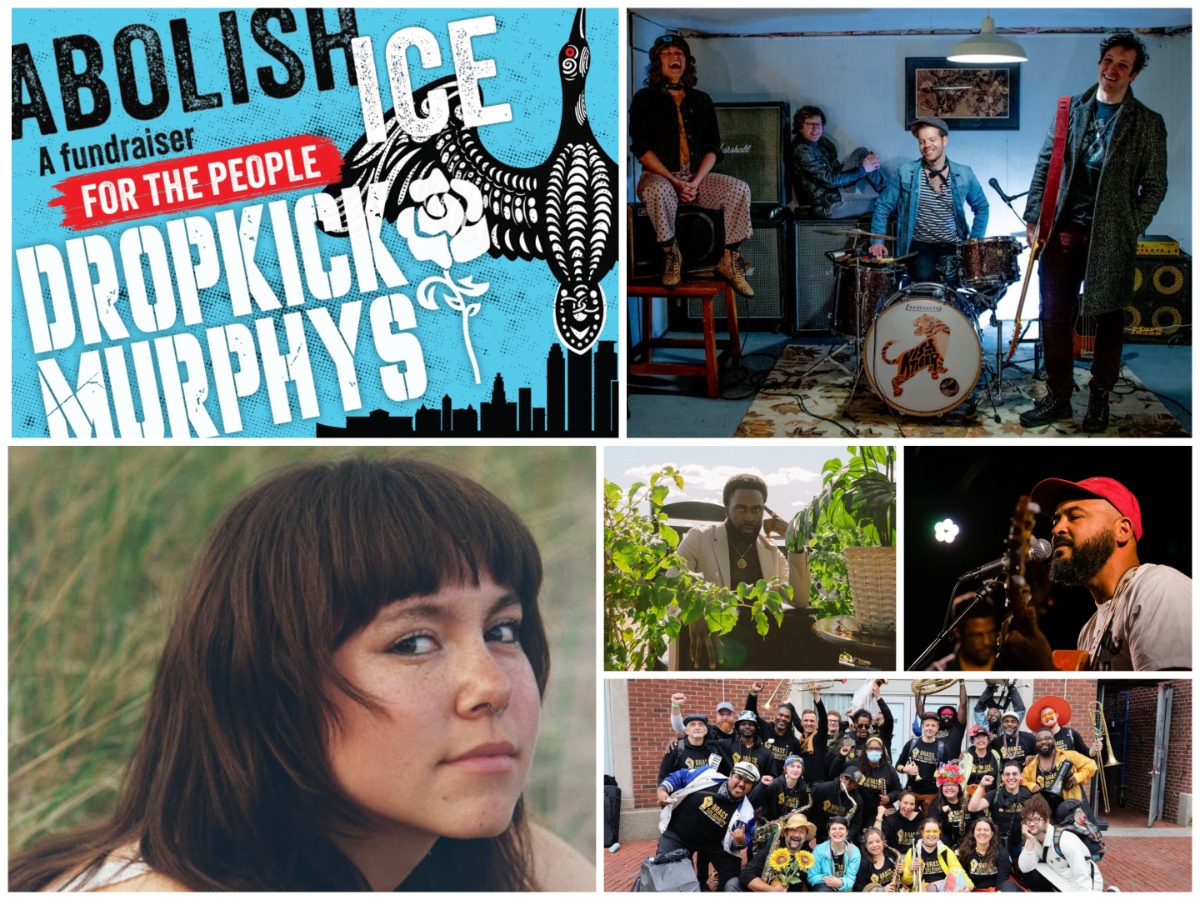In 2018, siblings Rana Kamal and Khalid Ansari introduced Baba's, a Twin Cities-based hummus brand inspired by their father. Fast-forward five years: Baba's a hit at the State Fair, and their hummus is available everywhere, from the co-op to Costco, with a range of clever flavors that includes Spicylicious Sriracha and Zesty Za'atar.
But though Baba's brand name is now well-known to many, later this summer, Kamal and Ansari will be inviting people into a space that's all their own for the first time, with a new hummus house and market at 2220 Lyndale Ave. S. It's Baba's debut restaurant and retail space, so they're taking every design consideration very seriously.
They wanted it to feel like Baba's, with its colorful and cartoony packaging style, "but also introduce more of who we are through our heritage," Kamal says. "It was really important for us to incorporate our Palestinian heritage."
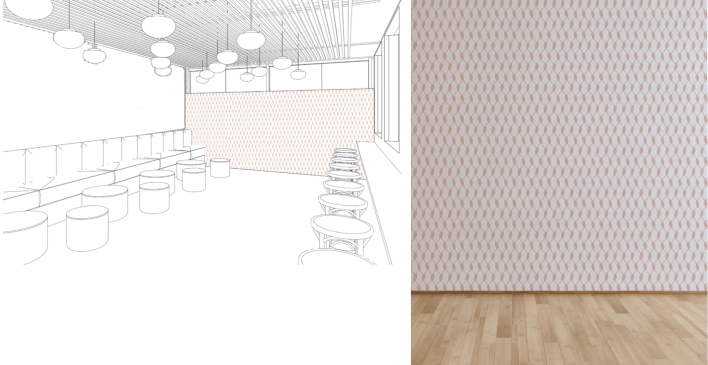
Baba's ethos is "traditional with a twist" or "modern Middle Eastern," and Kamal says their design goal was to take traditional Palestinian culture and interpret it in a fresh, playful way.
"We took a lot of inspiration from Palestinian embroidery, which is called tatreez... it's a symbol of pride and representation for Palestinians," she says.
The duo worked with local pattern studio She She to create custom wallpaper inspired by some of their favorite textiles, and it will be displayed throughout the cafe, lounge, and bathrooms. Among the most meaningful symbols printed on their wallpaper: olive leaves, as olive trees have been cultivated in Palestine for thousands of years and are culturally and economically of great significance.
"Every Palestinian has a bottle of olive oil on their kitchen table—we use olive oil in everything. I don't know if you've seen the Netflix show Mo, but it's about a Palestinian-American, and he literally carries a bottle of olive oil in his pocket. That's how near and dear it is to Palestinians," Kamal laughs.
She She also helped create a fishnet-style wallpaper, another theme often incorporated in tatreez, as Palestine sits between the Mediterranean, Red, and Dead Seas. "It really symbolizes abundance and grace," Baba's cofounder says.
The siblings are showing off their playful side, too: A third graphic wallpaper features Arabic slang including "habibi" (حبيبي) which means "my love," and ‘yallah’ (يلا), meaning "let's go." Both Kamal and Ansari speak Arabic, and "habibi," especially, is something they say "like, a hundred times a day."
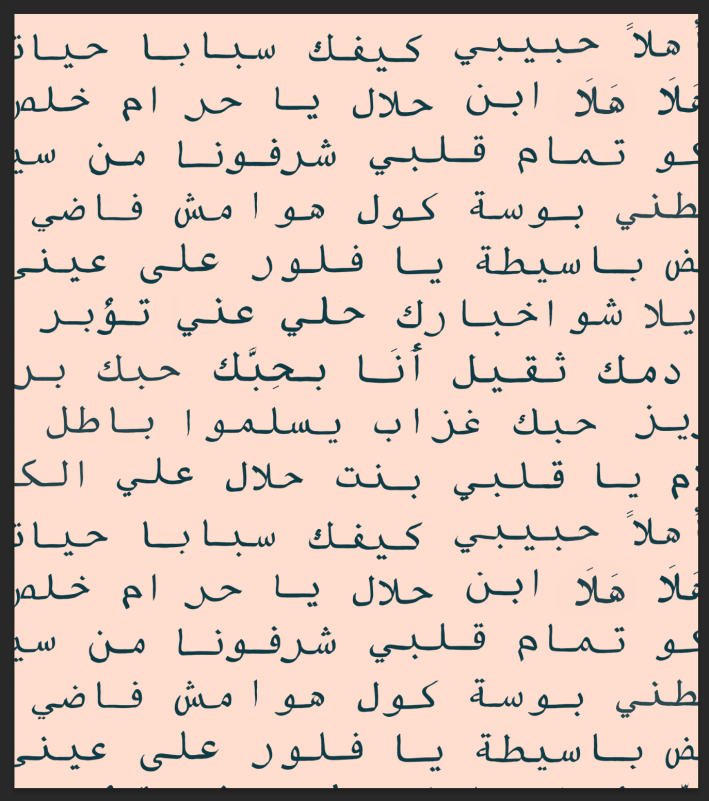
"What was really special, too, is that we partnered with an NGO called Darzah," Kamal adds. "They're this amazing nonprofit who work with Palestinian women artisans to create ethically made Palestinian products."
Darzah helped Baba's create contemporary tatreez pillows for the restaurant's lounge. "That was so special, to work with them," Kamal says, "not only for the beautiful products that they handmade us, but for the fact that these jobs have economically empowered low-income Palestinian women."
The thoughtful design doesn't stop there; there's a mural by local artist Hibaaq Ibrahim of Moon Juice Murals, and artist Alizée Castel worked with Baba's to create custom art of iconic Palestinian scenes.
"My brothers and I grew up going to Jerusalem during summer break, and we would spend the entire summer with family, exploring the city and eating at the many street vendors, soaking up the culture in every which way we could," Kamal says. She wanted to share that culture through a number of custom pieces of Castel's contemporary art, from a falafel vendor to women clothed in a traditional dress called the thobe and carrying baskets of fruit.
The textures, the colors, the furnishings—everything, Kamal says, has been chosen with a purpose. "This is our new home, and we really want it to feel inviting for anyone and everyone," she says, whether you're popping by the cafe to work or sharing mana'eesh with a group of friends.
Baba's is now hiring, and though their initially planned July opening has been pushed back a bit, Kamal says they hope to open by mid-August or September at the very latest.
"We're just so humbled by all the support from the community, that we're able to bring a piece of home to the Twin Cities—we're just so grateful for the support," she adds. "We can't wait for everyone to come into this space, get a piece of our home, and try our food."
